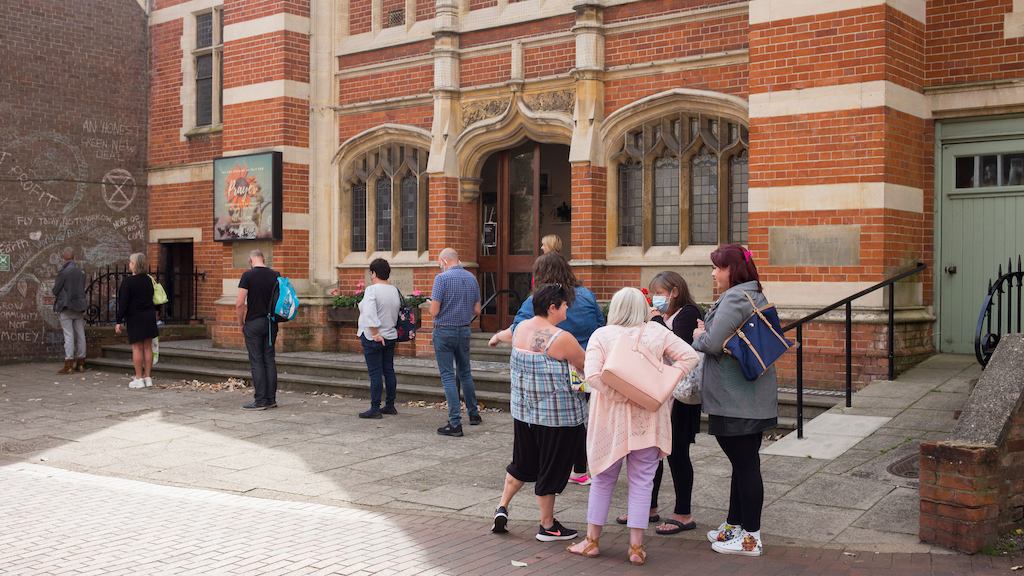Half of people in their 50s and 60s say they feel more trusting of their neighbours as a result of lockdown, according to a new study, while almost half report feeling a greater sense of belonging to their local area and two thirds say they know more people they could count on to help if they were ill or unable to leave their home.
However, those who are financially less well-off are least likely to have felt these benefits. Some 85% of people in their 50s and 60s who are living comfortably feel trusting of their neighbours, compared to just 55% of those who are finding it difficult to get by. People in this age group who are living comfortably are almost twice as likely to say they know more people they can count on as a result of lockdown compared to those who are struggling to get by.
Perhaps most worryingly, those with long-term health conditions or illnesses are less likely than people without these conditions to say they know more people they could count on to help, to feel a greater sense of belonging, or to feel trusting of their neighbours.
Many people are more aware of local voluntary groups that offer support and help than before the pandemic; however, those most in need are least likely to be more aware of these groups. Almost two thirds of 50-69 year olds who are living comfortably say they are more aware of these groups, compared to just a third of those who find it difficult to get by.
The Centre for Ageing Better has warned that these new figures indicate a widening gap between communities where people are better off and those where people are struggling, and say more targeted action is needed from government to support communities in the months ahead.

